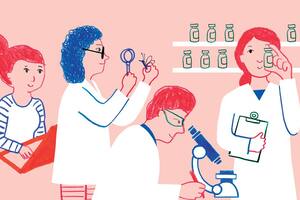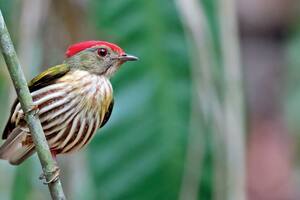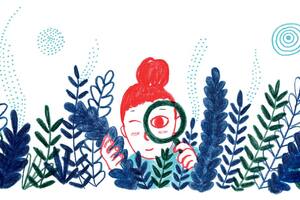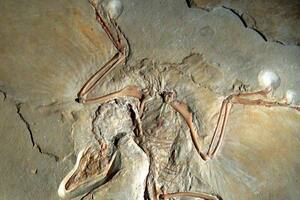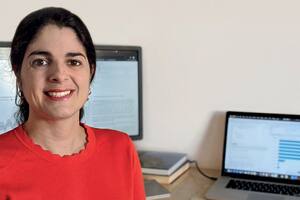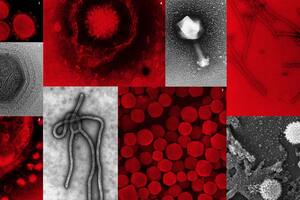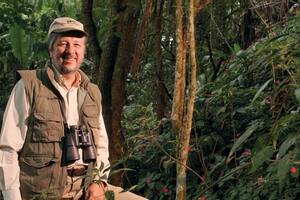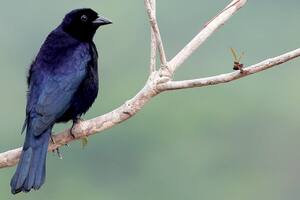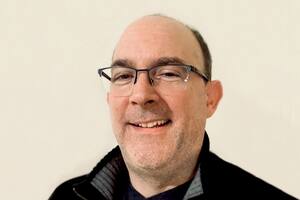Biology
Marine biology
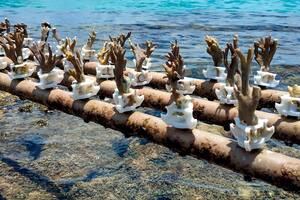
Coral nurseries
Mobile cultivation of damaged coral in precast frames is a promising technology for rehabilitating reefs
By Tiago Jokura
Neuroscience
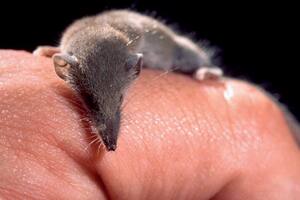
Brains shrink to save energy
In adverse conditions, such as when it is cold or food is scarce, the brain of some rodents shrinks in size, helping to conserve energy
By Redação
Photolab
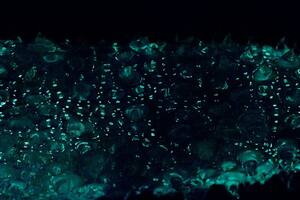
Underwater stars
When disturbed by a physical bump or a beam of light, the tunicates Pyrosoma atlanticum emit a turquoise light
By Redação
Research during the quarantine
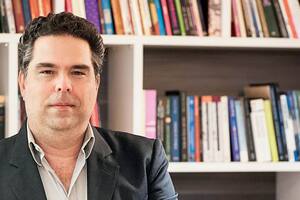
“I began valuing my personal relationships more during the pandemic”
Oceanographic research is heavily dependent on fieldwork and, to a large extent, on laboratory and on-board work. In March, with the prospect of a lockdown looming on the horizon, activities at USP [University of São Paulo] were suspended, as well as our field trips. This was the main impact of the pandemic on my work... View Article
COVID-19

Monitoring the evolution of COVID-19
Blood levels of a particular protein can indicate the severity of coronavirus infections and guide the response of the attending health care team
By Redação
Biodiversity
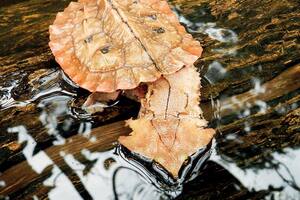
Two species of mata-mata
New analyses have revealed that there are at least two species of mata-mata
By Redação
Biochemistry

Venomous amphibians
Caecilians are venomous animals, capable of injecting venom into their prey, say researchers from the Butantan Institute
By Redação
Photolab
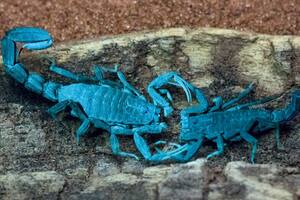
Mutilated courtship
Scorpions of the genus Ananteris can shed their stinger when attacked
By Redação
Genetics
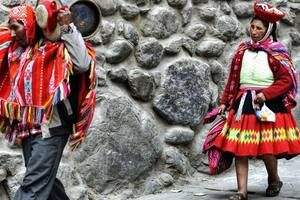
Gene affects the height of Peruvians
Genetic alterations may partly explain why Peruvians are one of the shortest peoples in the world
By Redação
Zoology

The bigger the tusk, the better
Biologists measured the tusks of 245 males collected in Greenland from 1983 to 2018 and concluded that the organ may play a role in sexual selection
By Redação
Video
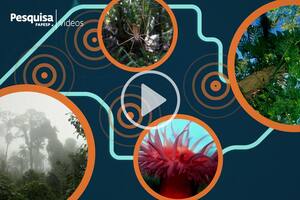
How science helps environmental conservation
Biota-Fapesp program reaches its 20th anniversary lending scientific bases to the creation of nature preservation areas and the search for sustainable development in São Paulo state
By Redação
Interview

Carlos Guerra Schrago: The theory and practice of evolution
The discipline that seeks to reconstruct the histories of species is itself evolving, according to UFRJ biologist
By Fabrício Marques and Maria Guimarães
Biology
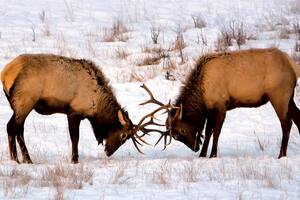
Why females live longer
The difference in lifespan between the two sexes, the researchers noted, is not due to different aging rates
By Redação
Interview

Gene therapy on the horizon
American biochemist Jennifer Doudna, from the University of California, Berkeley, is one of the best-known names behind the CRISPR-Cas9 gene-editing technique
By Redação
Zoology

A smell and heat detector
A dog’s nose is also capable of measuring nearby heat, according to a new study
By Redação


